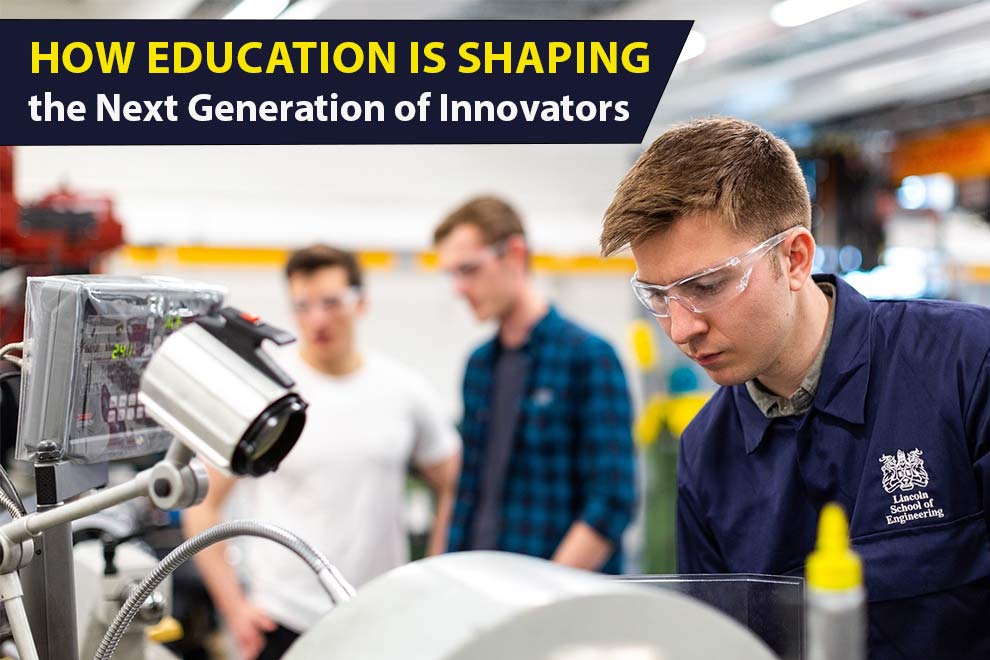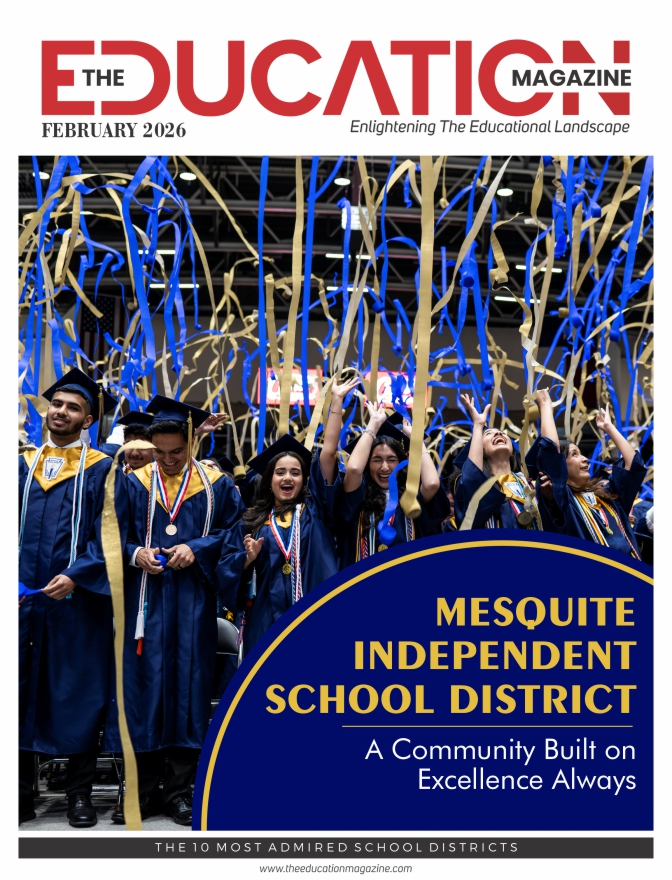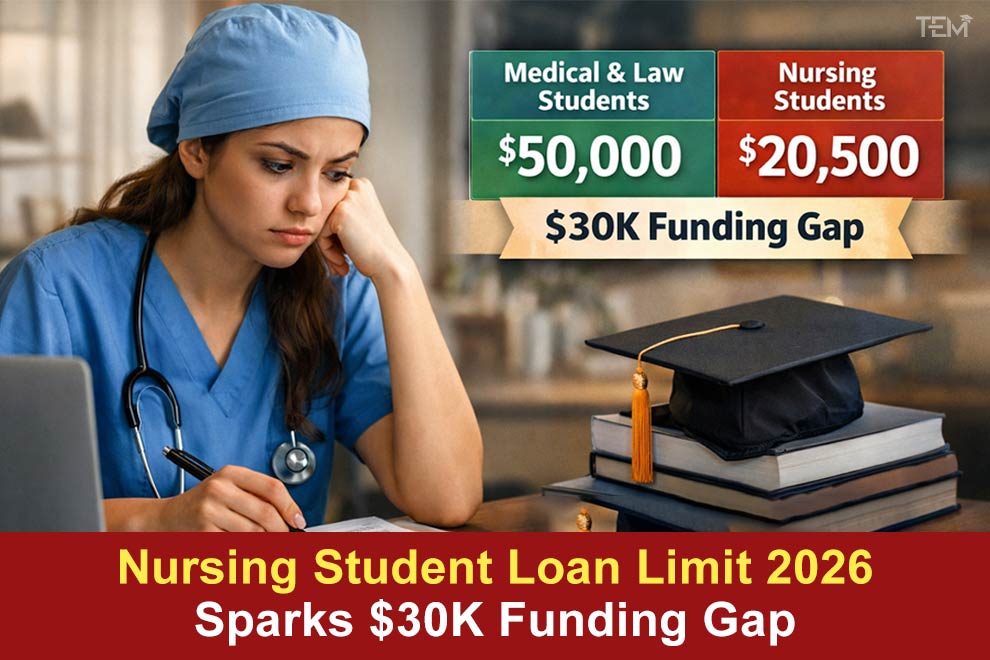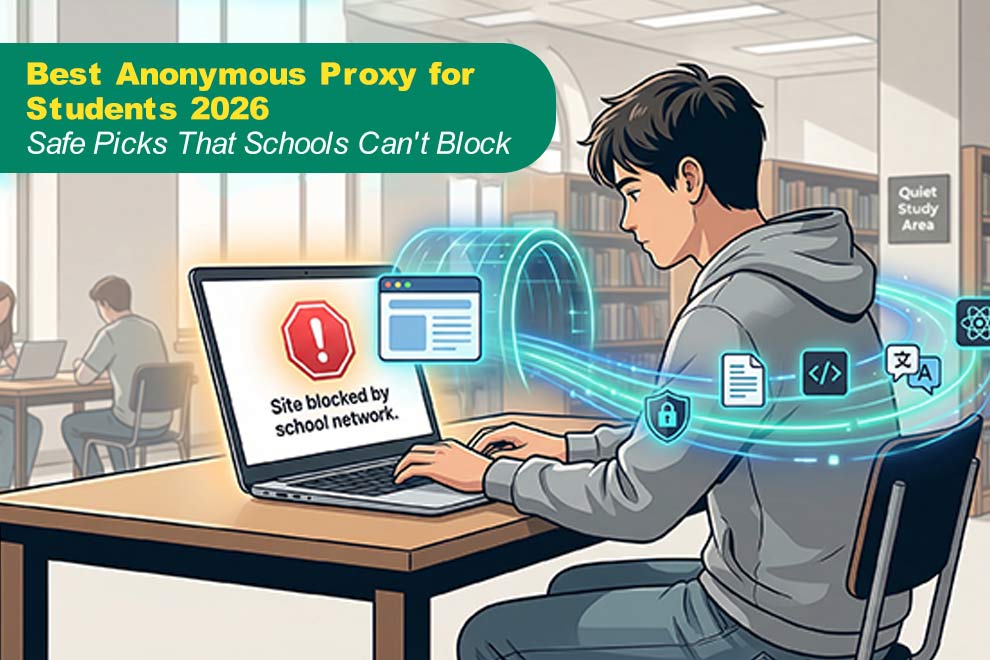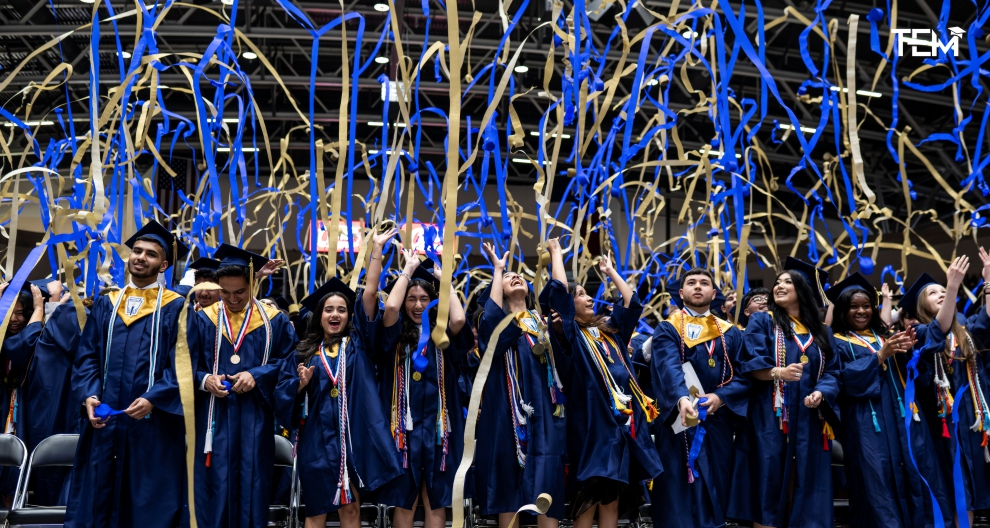Education has always served as a cornerstone of progress. The modern learning landscape continues to evolve in ways that encourage innovation, creativity, and independent thinking. Universities and colleges around the world are reshaping their teaching approaches to meet the needs of a fast-changing world. They are creating pathways that inspire students to think differently, explore ideas, and design solutions that bring real value to society.
Degree programs such as engineering, computer science, data analytics, and business innovation are equipping students with the skills needed to drive change across industries. Let us elaborate on how education is shaping the next generation of innovators.
The Changing Role of Education in a Technology-Driven World
The world of education has evolved dramatically in response to technological progress. Traditional classrooms once centered on memorization and standardized testing. Now, the focus has shifted toward creativity, critical thinking, and adaptability. Students are encouraged to ask questions, explore ideas, and apply their knowledge in practical ways.
Educators understand that the jobs of tomorrow will demand innovation and flexibility. To prepare for that, schools and universities are rethinking how they teach. Lessons now involve real-world projects that connect science, technology, and human behavior.
Degree Programs Driving Innovation
Modern degree programs are paving the way for the innovators of tomorrow. Universities are reimagining how subjects are taught, emphasizing collaboration and creativity alongside technical expertise. Courses in design, sustainability, and artificial intelligence are combining scientific understanding with human-centered thinking.
For students eager to turn ideas into real-world solutions, earning a bachelor in engineering lays the foundation for innovation and creative problem-solving. Engineering programs teach more than equations or design principles. They encourage exploration and practical thinking, helping students approach complex challenges with clarity and purpose.
Encouraging a Culture of Creativity in Classrooms
Innovation thrives where curiosity is encouraged. Classrooms today are designed to nurture creative thinking by giving students space to experiment and explore ideas without fear of failure. Teachers play a key role by creating environments that welcome fresh perspectives and unique approaches.
Project-based learning has become a central part of education. Students tackle open-ended challenges that require teamwork and imagination. Maker spaces, innovation labs, and design studios provide tools for experimentation, allowing learners to bring their ideas to life. These experiences build technical skills while strengthening confidence and resilience. Mistakes are treated as valuable learning opportunities.
The Role of Digital Tools
Technology has become an essential partner in education. Digital tools allow students to explore concepts more deeply and collaborate with peers around the world. Virtual labs and simulation software help learners visualize complex ideas. Online platforms connect them to mentors and experts in various fields.
Artificial intelligence and coding tools are opening new doors for creative learning. Students can design, test, and refine ideas using software that mimics real-world systems. This kind of interaction brings innovation to life and makes abstract concepts tangible. That’s why, many institutions are also integrating digital literacy into their curricula.
Linking Education with Industry for Real-World Impact
The connection between education and industry is vital to building the next generation of innovators. Universities are collaborating closely with businesses and research organizations to give students exposure to practical challenges. These partnerships bridge the gap between academic knowledge and real-world application.
Internship programs, startup incubators, and mentorship opportunities give learners firsthand experience in innovation. Students work alongside professionals, contributing ideas to real projects and understanding how innovation functions in a business environment. This experience helps them adapt quickly when they enter the workforce.
Empowering Students Through Entrepreneurial Education
Entrepreneurial education is transforming how students view innovation. Many universities now encourage learners to think like entrepreneurs, regardless of their field of study. The goal is to help them recognize opportunities, take initiative, and create solutions that can bring real value to society.
Students are learning to develop ideas into tangible projects through startup accelerators, innovation hubs, and business plan competitions. These experiences give them a sense of ownership and responsibility for their ideas. They also teach vital skills such as leadership, teamwork, and risk management.
The Global Perspective on Innovation-Focused Learning
Education for innovation has become a global effort. Collaboration between universities, research centers, and students from different countries is giving rise to a more diverse and inclusive learning experience. Students who engage in international programs gain exposure to new cultures, perspectives, and challenges, which broadens their creative thinking.
Exchange programs and global research projects teach students how to work across cultural and disciplinary boundaries. They learn to adapt their ideas for different markets and social contexts. This global mindset prepares them to become innovators who can think beyond local problems and design solutions that benefit communities worldwide.
Preparing Students for Future Challenges
The future demands innovators who are ready to face complex, fast-changing problems. Education plays a central role in developing the skills that will make this possible. Critical thinking, adaptability, and digital literacy have become essential skills for every learner.
Curricula are being redesigned to emphasize flexible learning paths that allow students to explore multiple disciplines. Problem-solving exercises, research-based projects, and ethical discussions prepare them to make thoughtful decisions in uncertain situations. This mindset of constant growth helps them stay curious and resilient as they navigate new challenges.
Education has become the foundation for shaping the innovators who will define the future. The modern classroom has evolved into a space where ideas take form, experiments grow, and creativity guides progress. Engineering programs shape technical thinkers, and entrepreneurial education develops visionary leaders. Every element of learning moves students toward purposeful innovation.
Collaboration among educators, industries, and students keeps education connected to real-world needs. The blend of technology, creativity, and global awareness is preparing a generation that approaches every challenge with curiosity and determination. The innovators of tomorrow are already learning how to connect knowledge with imagination. Their ideas will influence industries, strengthen communities, and expand possibilities for progress. Education is guiding them to build the future with clarity, purpose, and creativity.
Also Read: How Do Microcredentials in Education Solve AI Literacy Gaps?
